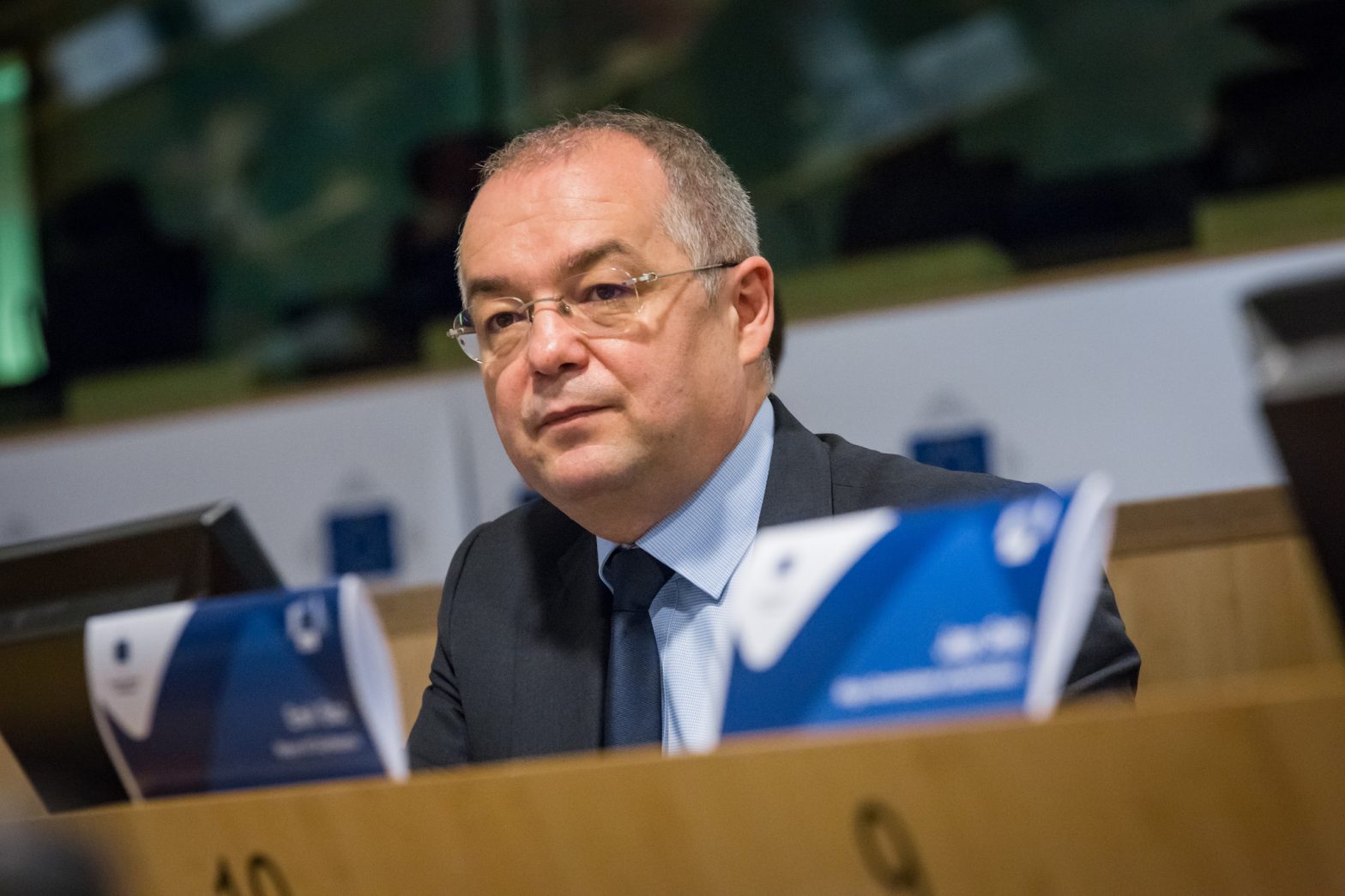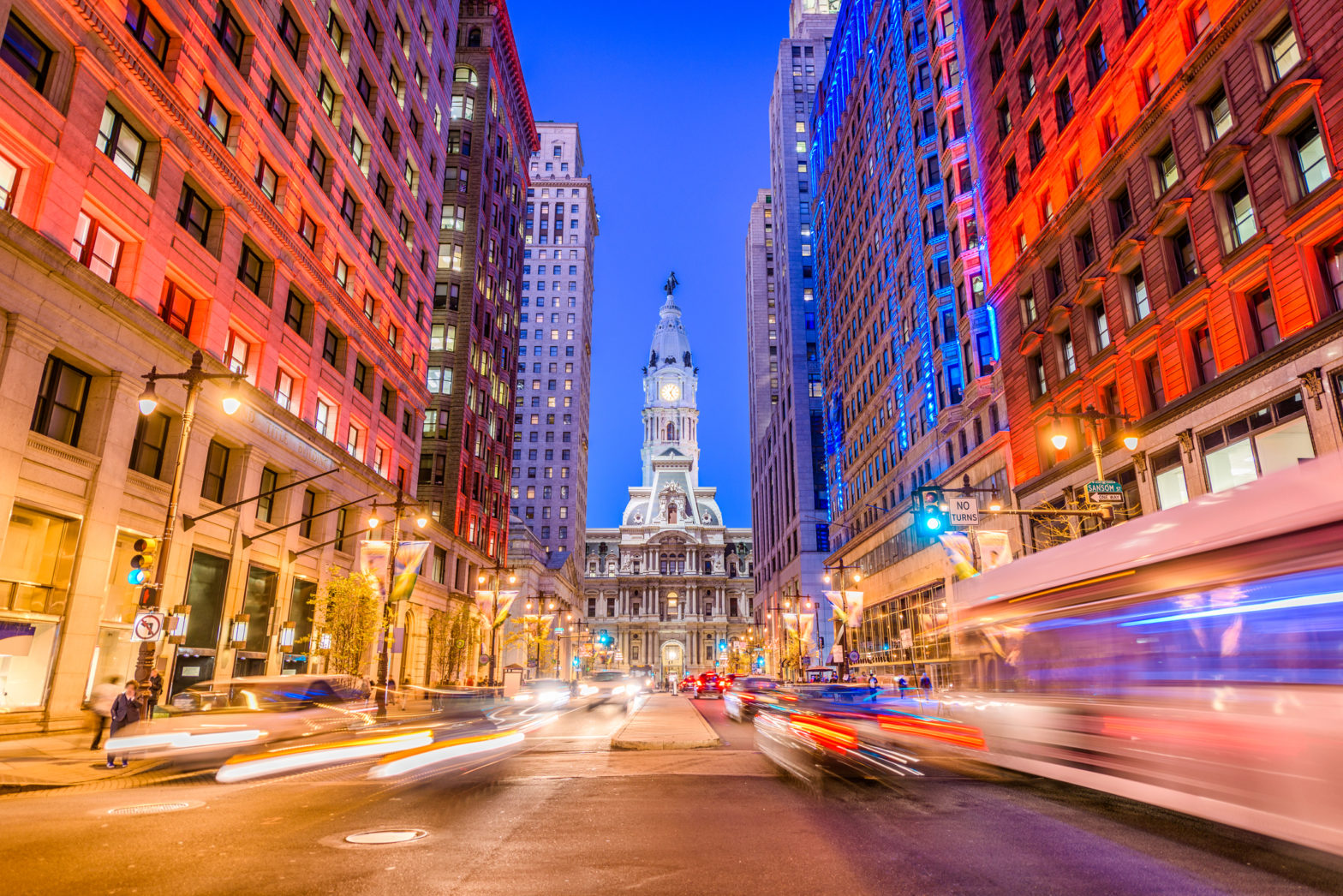
Photo: 31921660634_73822b1ffd_k
Interview: Emil Boc, Mayor of Cluj-Napoca and former prime minister of Romania
13 February 2017
by Jonathan Andrews
Romania’s former prime minister, Emil Boc and now the Mayor of Cluj-Napoca, the country’s second most populous city, met with Jack Aldane at the European Parliament to discuss the future of digital innovation, job creation and mobility in his municipality
As Mayor of Cluj-Napoca, what targets have you set for your tenure in office?
To become a hub of innovation in central eastern Europe in research, development, and IT. That should be our city. Why? Because we have the ingredients; we have the talent. We have around 100,000 students studying in Cluj-Napoca every year, and we have a highly specialised labour force in all domains, but especially IT. Second, we have the infrastructure, and by infrastructure, I mean IT infrastructure. All the fibre-optic cable necessary for high-speed Internet is present already. This is one of the advantages of coming late to the European Union (EU)–Romania has the fourth fastest Internet connection in the world. Third, we have a very dynamic local business community in innovation, made of IT clusters, which are engaged in mobilising the city. Last but not least, we have the municipality, which is the mediator tasked with integrating all the ingredients to have a successful innovation hub, and which has been designated the host of the Open Innovation 2.0 Conference by the European Commission, which will take place in mid-June 2017.
Building smart cities undoubtedly creates a lot of jobs, but once they are built, they incorporate exponentially more automation. Does this pose a threat to job security for the young talent you have in Romania?
My answer is based on 25 years of experience in the field of smart cities, the Internet and innovation generally. Of course, 25 years ago, no-one was talking about Wi-Fi or even emails, let alone smart phones. In my view, in the next 25 years, half of the present jobs will be taken by technology. That’s bad news. It’ll start with the people working in McDonalds, but the good news is that the other half of jobs in 25 years will be those that do not presently exist. So, smart city technology also provides huge opportunity for new jobs. From that context, our city wants to be a pioneer of new jobs in the field, and to show that technology is not just about losing jobs, but creating them also. Here we place emphasis on what we call ‘incubators’. If you have an idea for innovation, you offer the opportunity to put it into practice. You’ll also have the municipality’s support by providing a space and a small amount of money, based on competition for sponsorship. Once you’ve had that for some time, you can go into the market and survive alone.
You were the prime minister of Romania from 2008 until 2012. What challenges did you identify with establishing support for young people entering the job market then, and how do you confront those challenges now as mayor?
As prime minister, I was fighting the European Commission, the IMF and the World Bank to keep the fiscal facilities for IT in Romania. We succeeded in keeping the fiscal facilities. If Romania can be good at anything, it’s best chance is in innovation. At a local level as mayor, I can provide the right environment, so in other words offering infrastructure beyond just the Internet. We offer for example, 200 hectares of land to construct in our city a kind of Silicon Valley for Cluj–a city within a city. We provide the land, which is so important in such a project for innovation and IT. It means bringing together universities, local and regional authorities, businesses and banks. Lastly, we’ve been trying to use Jean-Claude Juncker’s [President of the European Commission] plan for digital investment to cover the initial risk. We have the vision and strategy to make Cluj an important hub of innovation.
We’re here in the European Parliament and only a month away from witnessing Britain’s departure from all that it represents. Could Brexit be an opportunity however to tell Romanians their country needs their skills now more than ever, not least its cities?
You are right. I do respect the will of the people of Great Britain. They are free citizens in a free world and they are free to decide their own future. We should respect the will of the people, whether it is in the UK, or anywhere in Europe. I have to recognise that when I talk about Cluj innovating as a city, this is a project of half a billion euros for the next ten years, supporting more than twenty thousand new jobs. We need to bring our IT and innovation resources from outside Romania back here to work on a good salary. We also must keep our innovative students to stay and work here in Romania. People will stay at home if the quality of work is closer to other places in Europe. It may not be the same, but our aim is certainly to bring it closer.
What are some of the mobility challenges in Cluj-Napoca?
We do have a problem because Cluj is a very old city with its roots in the Roman Empire. It’s a very narrow city, and we do not have the capacity to enlarge the streets because the city is too old and we can’t destroy buildings to do that. Instead, we have to change the mentality of the people. However, cities in Romania have increased in population, even as many have moved outside the country, because the cities themselves are a magnet of economic development. We have to encourage green mobility, which means people need to use public transport more than before. We are preparing to introduce specific lanes for public transport. We’ve started to buy electric buses, and new trams. Second, we have a bike sharing system consisting of 500 bikes to start with, which is free to use. Then we need to encourage the use of the electric car. If you have an electric car, you will have the advantage of being able to use that car on specific lanes in the city. Finally, we are preparing a lot of decisions with schools to brings kids from the districts to the city centre by bus. Not every parent should take their kids to school by car, because it creates more traffic in the city centre. It’s difficult to convince people to do that, but it’s important.
What do you believe constitutes best practice for bringing in private sector investment into your city?
The first step should be taken by the municipality. You should be the first to invite them to the table to discuss, to know their problems and try to alleviate their bureaucratic burdens in order to promote business. Second, it’s important to bring all the energy in the city to establish a common goal. At the moment, I’m in the process of reshaping the IT section of the city. I’ve asked the IT community, which is very strong and powerful in the city, to be our partner. They’ve paid for a very specialised firm in this field to re-design the IT strategy. After that, as a municipality, I’ll put on a public debate and I’ll take care to promote it [the strategy] in the local council to be approved. The business community are feeling they are in a position to get involved. The first duty of a municipality in that regard is to be open, to extend a willingness to collaborate. After that, the business community will react positively.







